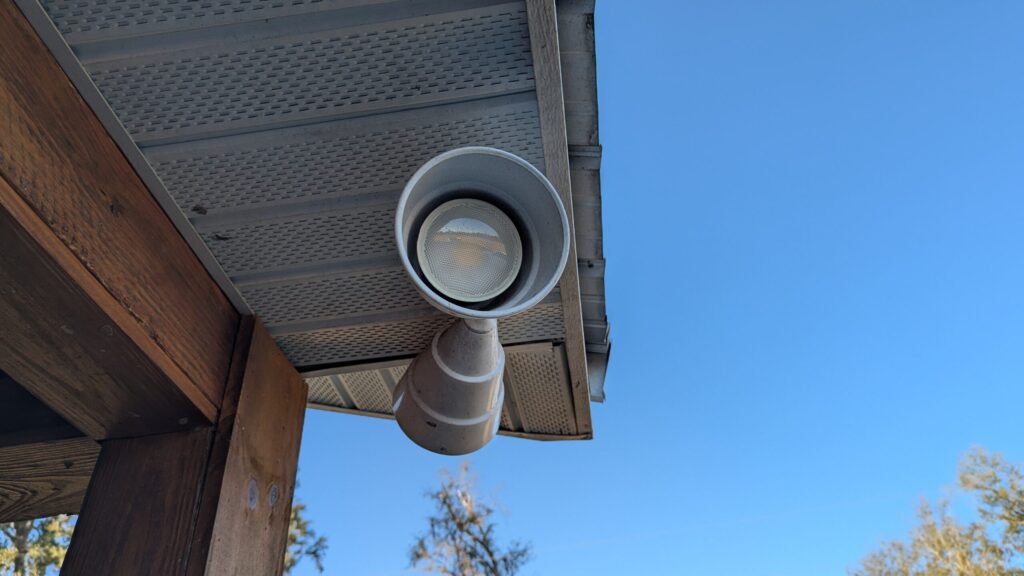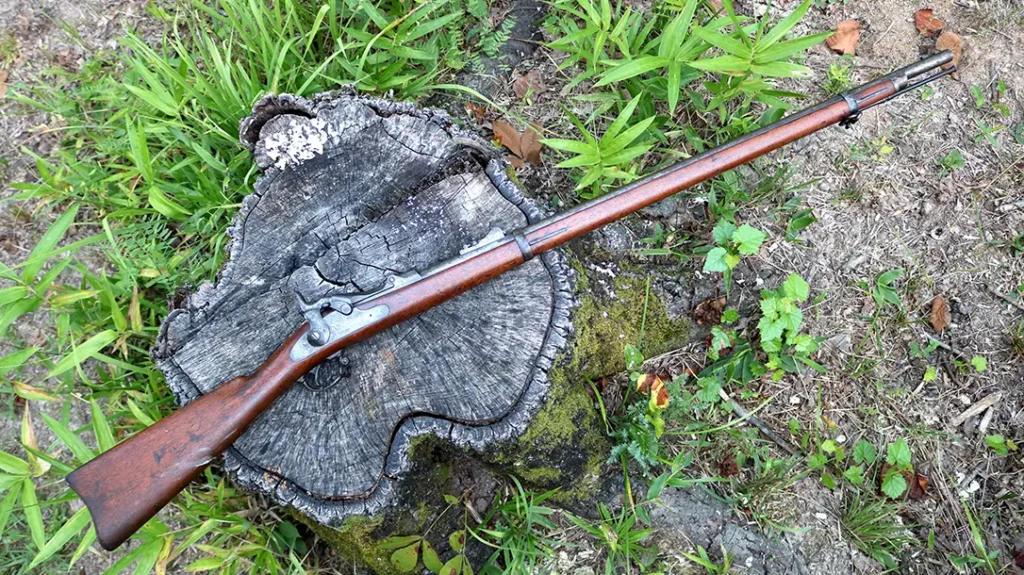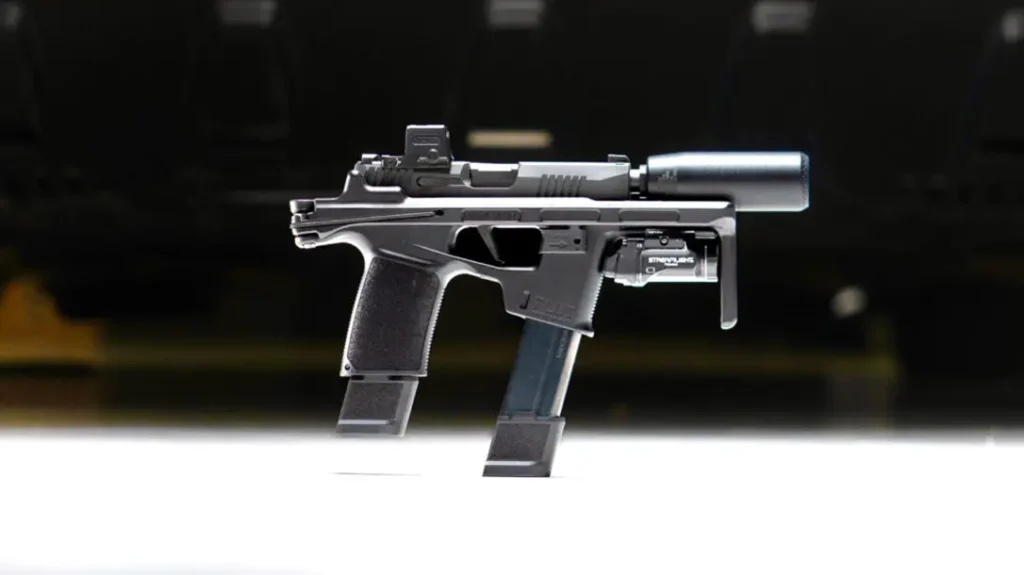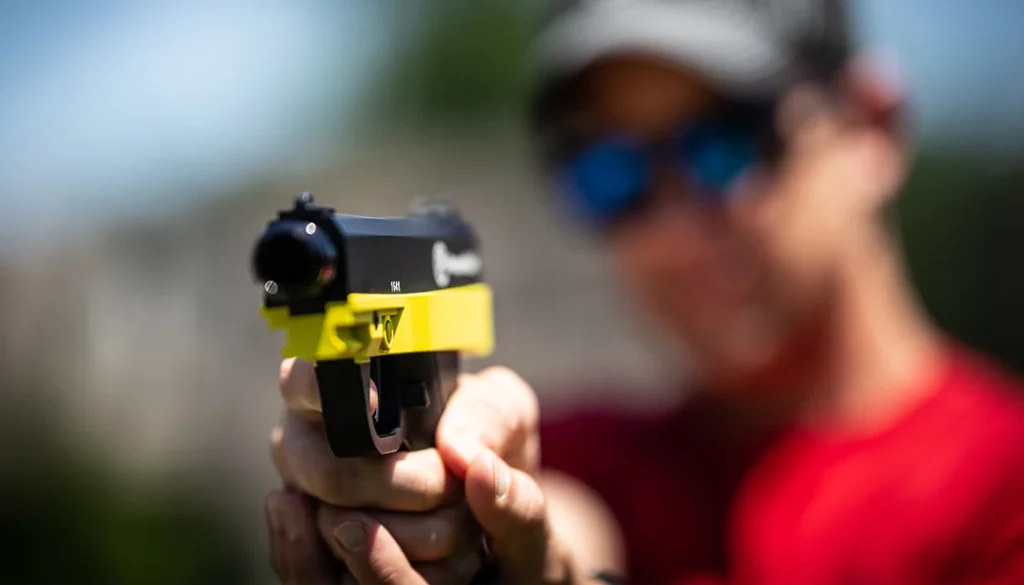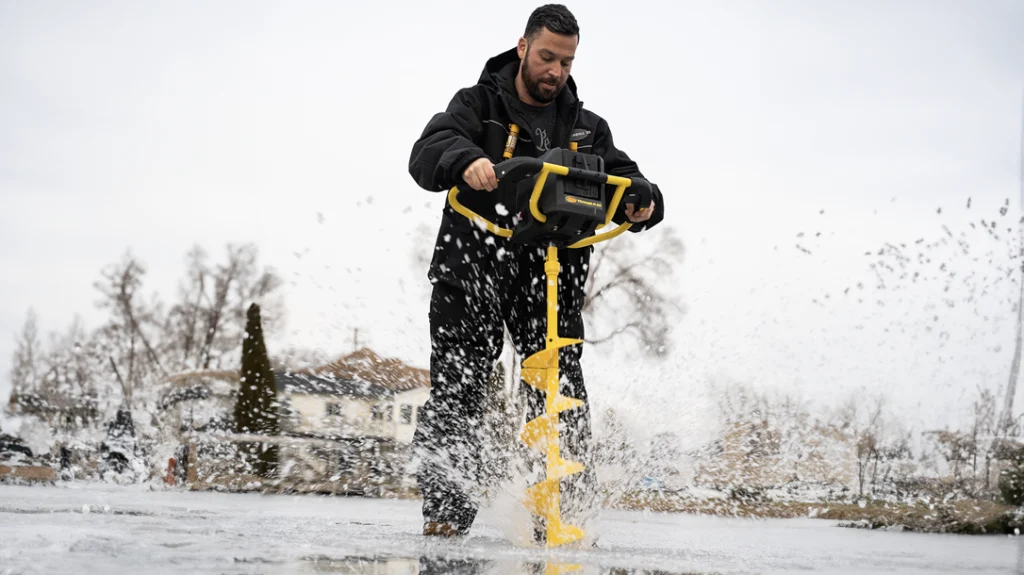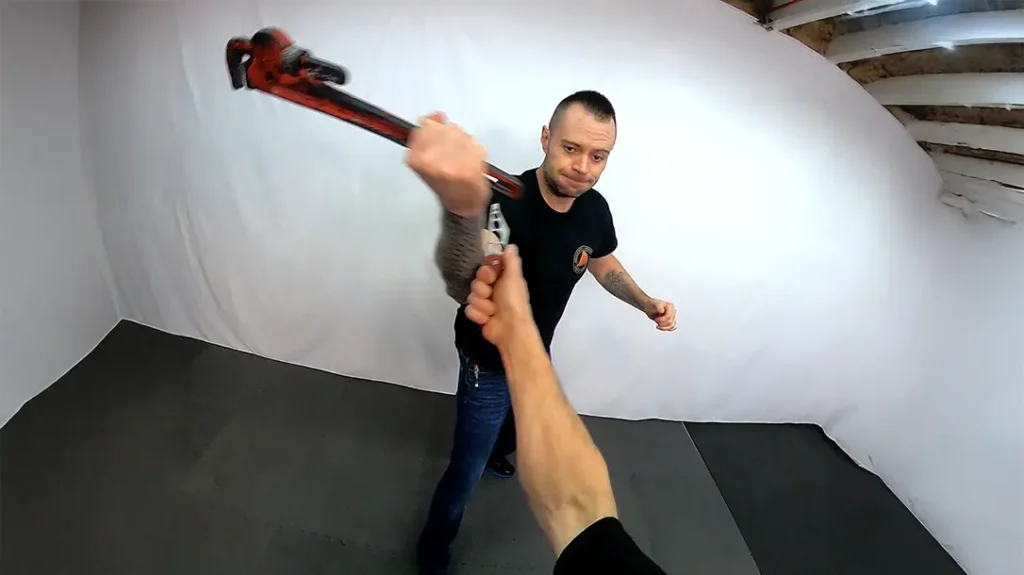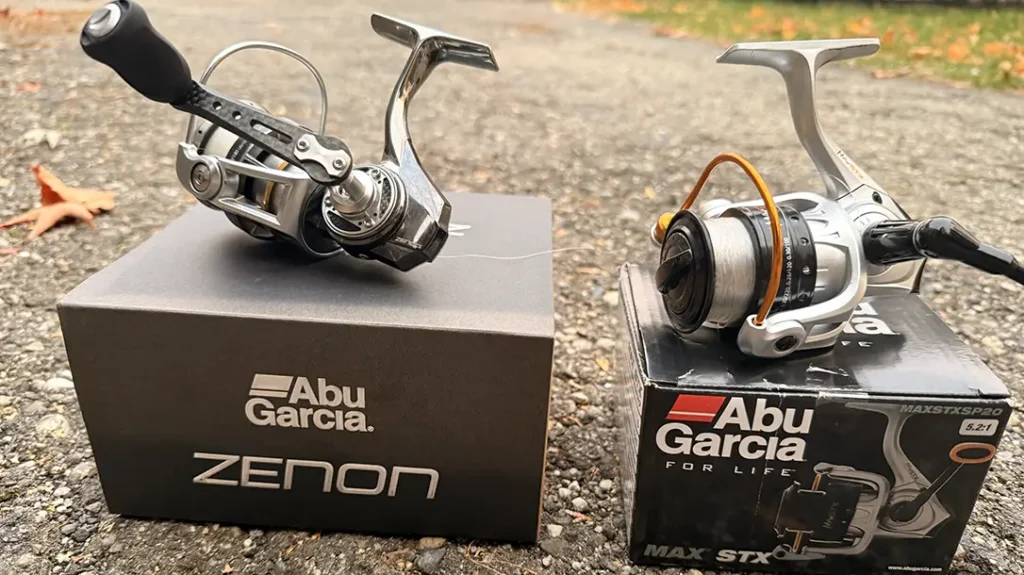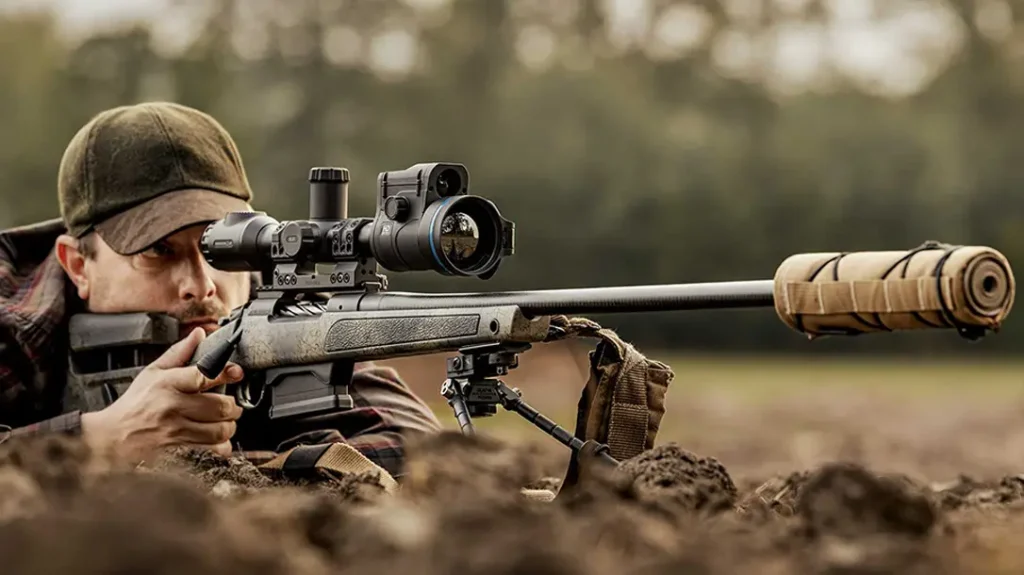One of the best deterrents to prevent a home invasion is a dog. Most criminals won’t even mess with a house that has signs of a dog living within. While doing some research on this topic, I found many different sources that interviewed burglars who had been incarcerated. They were asked what they considered to be the number one deterrent when looking for a home to break into, and almost every single one of the burglars said a big dog. The louder the dog, the better.
Obviously, large breeds are normally scarier than small breeds. They have big teeth, big mouths, are very strong and sometimes stand as tall as the perpetrator. But small dogs aren’t a laughing matter, either, as many can be ferocious and persistent. However, with small dogs, their bark is much bigger than their bite — literally.
Advertisement — Continue Reading Below
Which brings us to the focus of this article. You must understand that although big dogs can be great deterrents for home invasions, not all of them will actually do anything if the time comes to act. There is a big difference between dogs and personal-protection dogs.
Best Friends
Having a dog of any size or breed is always a great addition to any family. Dogs become a member of the family and have specific roles in the household. They are fun to play with, gentle, loving and therapeutic. But, although dogs may be a huge deterrent to criminals, you cannot always count on your dog to actually protect you and your family when push comes to shove. Most dogs, without very specific training, will not protect their owner during a home invasion. Barking will obviously scare most burglars away by itself, but if the bad guy doesn’t listen to the warnings and your dog isn’t trained as a protection dog, Fido is probably going to hide behind you, the pack leader.
I have a 95-pound Doberman Pinscher named Enzo. Mine is a giant European pure-breed that is the most loving, gentle and loyal dog I have ever owned. He is in fact our third Doberman, and all of them have had the same amazing temperament. Enzo intimidates everyone he comes across, including my wife and I when we first adopted him. He was only 16 months old at the time.
Advertisement — Continue Reading Below
Upon meeting Enzo for the first time, we both were intimidated by his massive size. He immediately jumped up and put his paws on my shoulders, and his head stood a good foot above mine. He had no manners at all — absolutely zero training — but he was so gentle and loving to even my four-year-old.
Enzo has been a part of our family for about six months now, and as good of a dog as he is, I highly doubt he would ever bite anyone, even an intruder. He would look to me to protect him and be the best backup ever. Having a dog like Enzo is awesome, but pretty much any dog that has its own Instagram page (@enzothewonderdobe) is probably not one you can count on for protection.
Defense Dogs
The FBI approximates that in 2014, there were about 1.2 million violent crimes reported across the country, with over 8 million property crimes, 80,000 rapes and 14,000 murders, many of which happened at the victim’s own homes. Personal-protection dogs can be a great addition to your family’s security and dynamic. They act as both companions, not pets, and as built-in security systems for you and your household that you can take almost anywhere.
Advertisement — Continue Reading Below
A high-quality professionally trained dog will be calm enough for children to handle, and obedient enough to take orders from important family members they’ve been trained to listen to. They are not aggressive dogs by nature. In fact, they are often calm, collected and intent on protecting when they perceive a true threat. They will not — as long as they’re properly trained — assume that everyone and everything is a threat.
Obviously, this type of training is very expensive and very in depth. You can not just train any dog to be a personal-protection animal, so you’re going to dish out a bunch of cash to obtain a great candidate for this in-depth training. My Doberman wasn’t bred for personal protection. Therefore, I would never even attempt this type of training with him. Pushing personal-protection training on a dog that can’t handle it can be very dangerous.
Advertisement — Continue Reading Below
It is very important to know what kind of puppy you want before deciding on your next companion. It’s also important to know your current canine family members well and what kind of pooches they are. Some basic obedience training can make all the difference in your furry family member. Obedience training instills the pack mentality and will normally ensure that your dog at least joins in the fight with you if the time comes. Although every dog is good for the security of your family and home, not all dogs are necessarily guard dogs by nature. You have to hold realistic standards for your pooch and make sure you know the dog’s limitations.
This article was originally published in Personal Defense World No. 220. To order a copy, please visit outdoorgroupstore.com.

